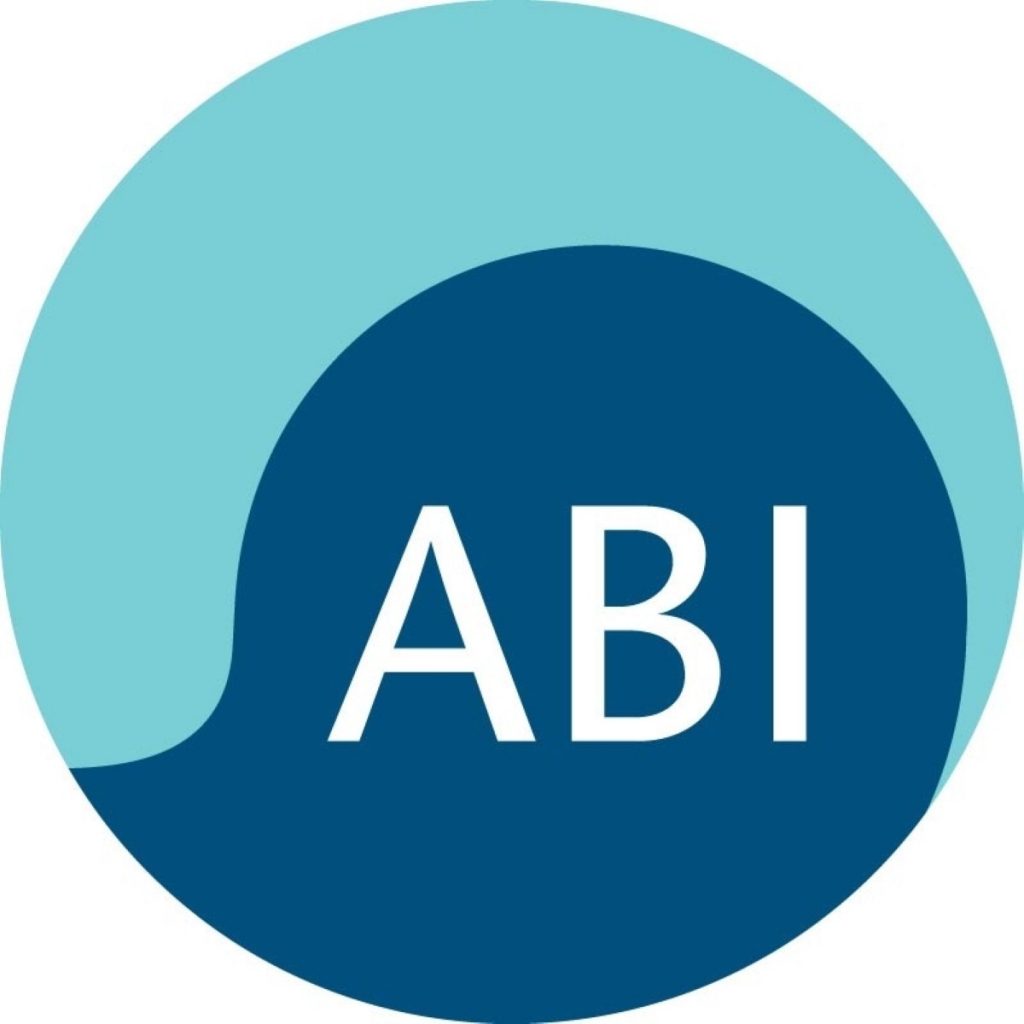ABI reveals whiplash epidemic
Research published today, 14 November, by the ABI (Association of British Insurers) exposes for the first time the scale and the cost of the UK’s whiplash epidemic. Every day, nearly 1,200 people claim for whiplash following a motor collision. This figure has risen by a quarter in the last five years, and is six times the number of workplace injury claims made each year. To stem the tide, the ABI has joined forces with motoring and road safety groups to set out a programme for action.
The ABI report, ‘Tackling Whiplash: Prevention, Care, Compensation’, highlights that:
. Over 430,000 people claimed for whiplash in 2007, up by a quarter in the last five years. These claims cost nearly £2 billion a year in compensation.
. Treating whiplash injuries now costs the NHS approximately £8 million a year in consultation fees.
. The UK is the whiplash capital of Europe: 75% of motor personal injury claims are for whiplash, compared to an average of 40% throughout the rest of Europe.
. Many drivers and passengers are at risk: 75% of drivers are unaware how head restraints should be correctly positioned.
Reasons for the rise in whiplash include: motorists tailgating the car in front, and incorrectly adjusted head restraints. In many cases recovery is inhibited by the slow legal process, leading to delays in rehabilitation.
Stephen Haddrill, the ABI’s Director General, said:
“Whiplash imposes unacceptable costs to individuals, businesses and the state. Insurers want to reduce whiplash, provide fast care and compensation and tackle fraudulent claims. But we cannot do this alone. We call on the Government, road safety groups, the medical and legal professions and other stakeholders to work with us on a campaign to reduce this problem”.
Proposals for reducing whiplash and its effects include:
. The Government’s proposed new framework for learner drivers should emphasise the importance of safe following distances.
. Vehicle retailers should demonstrate, when selling a vehicle, how to correctly adjust the head restraint.
. The Government should develop and implement clear guidance on how to effectively diagnose and treat whiplash.
– ENDS –
Notes for Editors
1. Enquiries to:
Jonathan French 020 7216 7392 (Mobile: 07958 330 480)
Malcolm Tarling 020 7216 7410 (Mobile: 07776 147 667)
Erfan Hussain 020 7216 7411 (Mobile: 07712 841 184)
Kelly Ostler-Coyle 020 7216 7415 (Mobile: 07968 364 302)
2. The organisations supporting the ABI in its call for action are: the AA, Driving for Better Business, the Parliamentary Advisory Council for Transport Safety, and the Royal Society for the Prevention of Accidents.
3. Whiplash is the term used to describe neck pain that occurs after the soft tissue in the spine has been stretched and strained after the body has been thrown by a sudden and forceful jerk. It is normally caused by a rear-end motor collision.
4. The ABI report: Tackling Whiplash – Prevention, Care, Compensation, together with consumer advice on how to reduce the risk of getting whiplash, will be available on: www.abi.org.uk from 11am on 14 November.
5. The ABI is the voice of the insurance and investment industry. Its members constitute over 90 per cent of the insurance market in the UK and 20 per cent across the EU. They control assets equivalent to a quarter of the UK’s capital. They are the risk managers of the UK’s economy and society. Through the ABI their voice is heard in Government and in public debate on insurance, savings and investment matters.
6. An ISDN line is available for broadcasts.
Copies of all ABI news releases, together with other information from the Association, can be seen on our website www.abi.org.uk





-01.png)